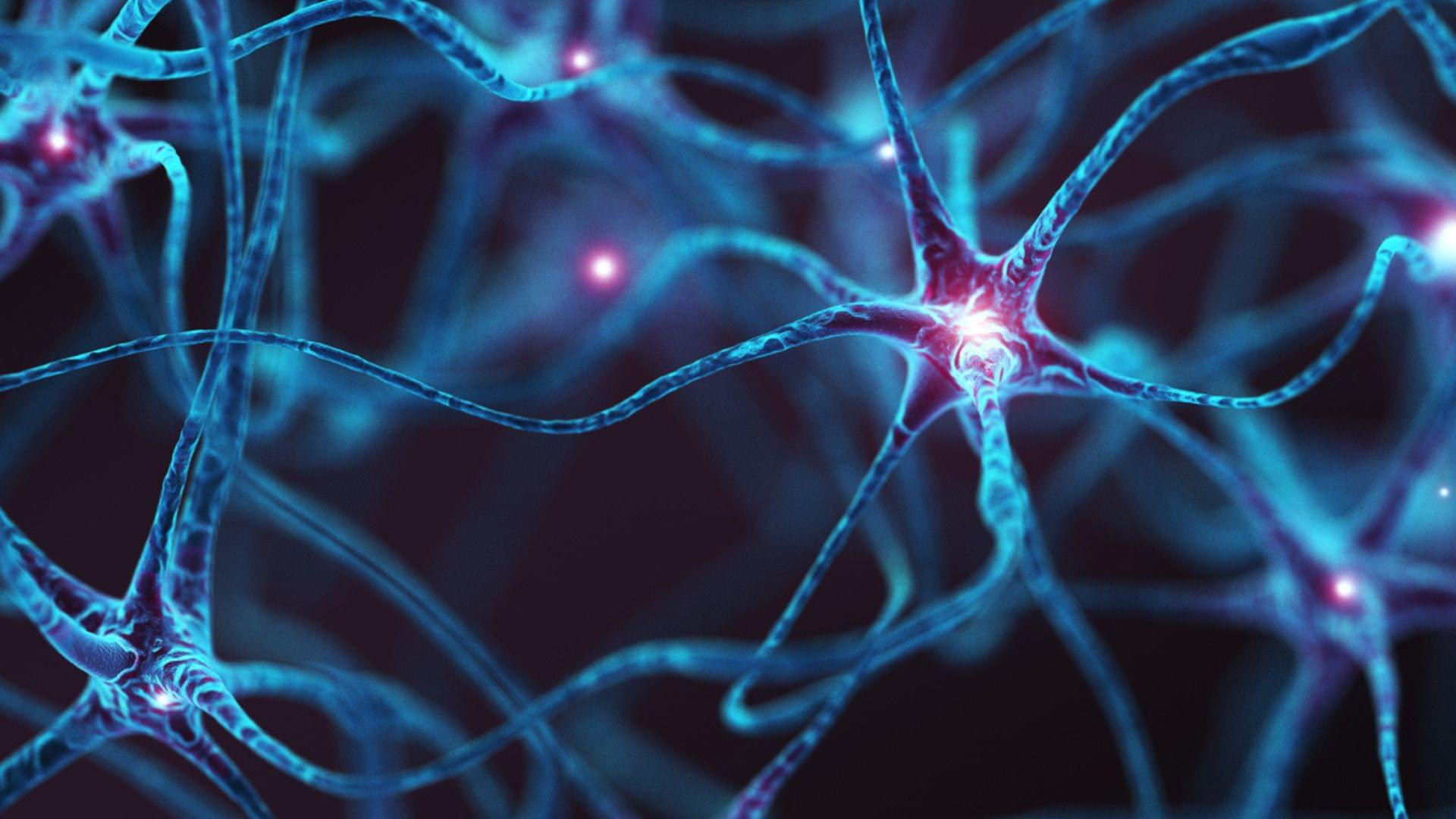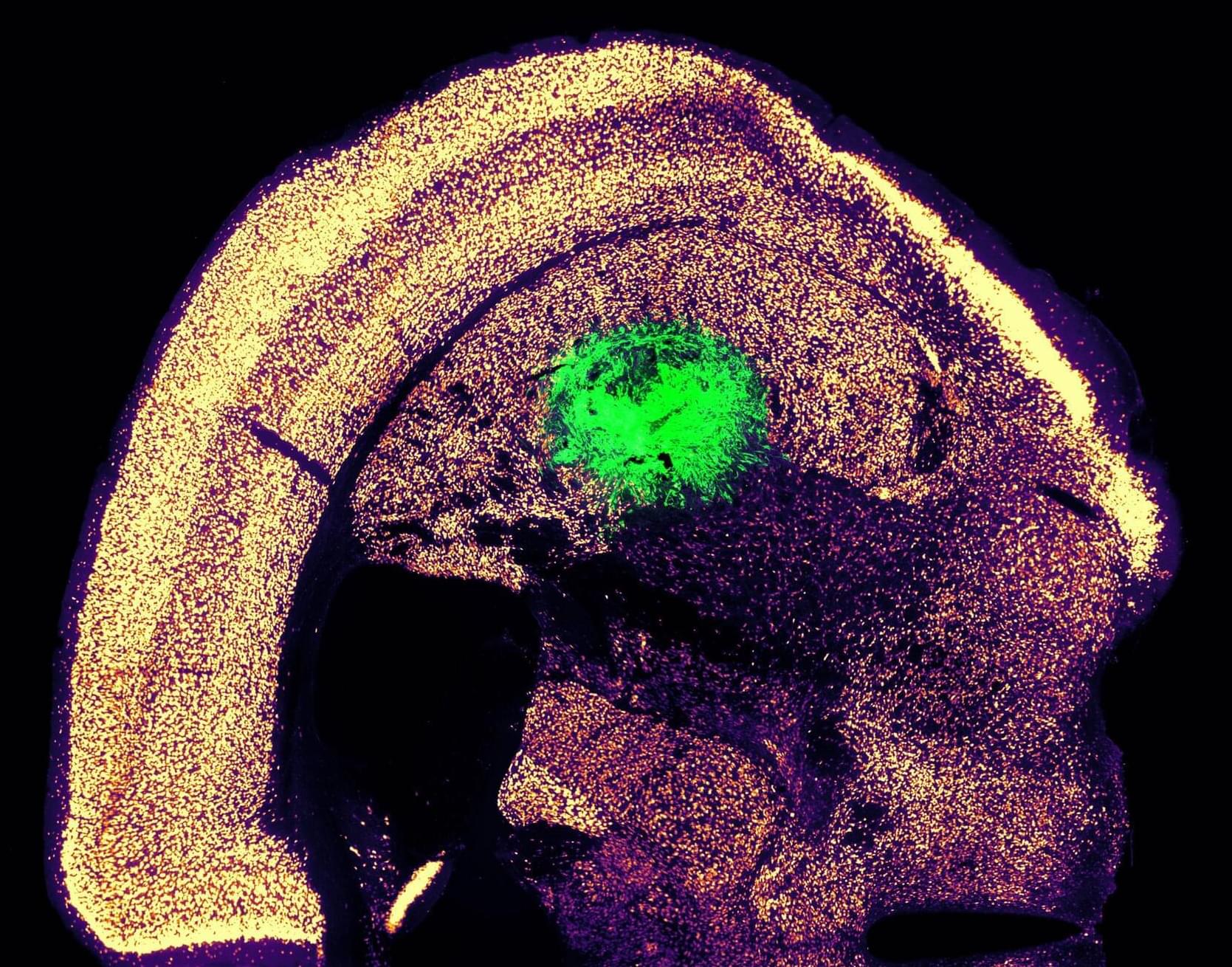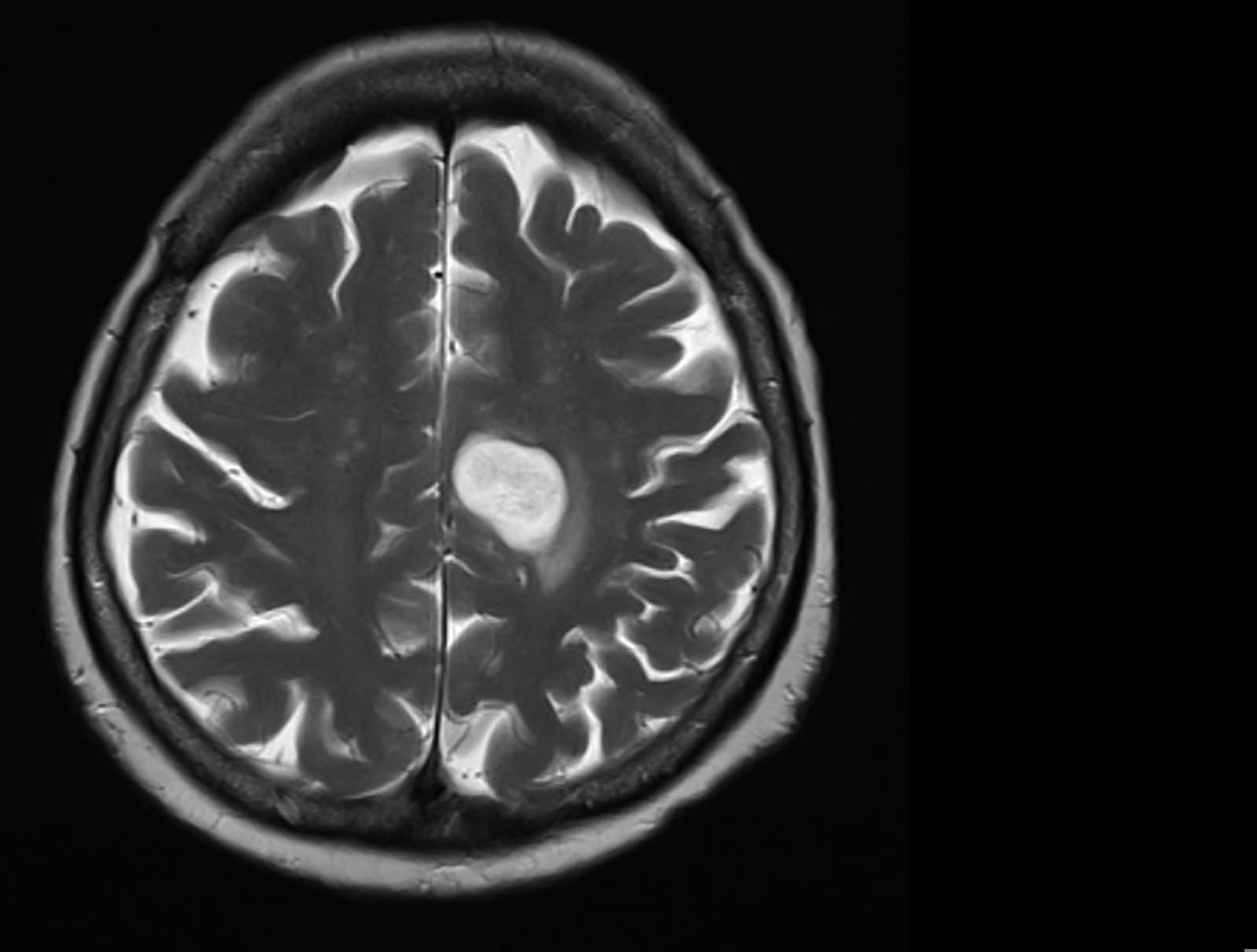It could be revolutionary in treating diseases associated with spinal cord injuries.
Researchers at MIT have now devised a simplified process that bypasses the stem cell stage, converting a skin cell directly into a neuron.


Converting one type of cell to another — for example, a skin cell to a neuron — can be done through a process that requires the skin cell to be induced into a “pluripotent” stem cell, then differentiated into a neuron. Researchers at MIT have now devised a simplified process that bypasses the stem cell stage, converting a skin cell directly into a neuron.
MIT researchers devised a process to convert a skin cell directly into a neuron, eliminating the need to generate induced pluripotent stem cells. Such neurons could be used to treat spinal cord injuries or diseases such as ALS.

Longevity snapshot 7 — cellular rejuvenation protects neurons.
Reviewing a Canadian study which uses cellular rejuvenation to protect retinal neurons in a mouse model of multiple sclerosis, preserving the vision of the mice.
Study reviewed:
In this manuscript, Drake et al. describe an aging-like transcriptional signature in retinal ganglion cells during experimental autoimmune encephalomyelitis (EAE) like that of cortical neurons in patients with multiple sclerosis. Partial reprogramming with AAV2-Oct4-Sox2-Kl4 to rejuvenate the transcriptome results in improved RGC survival and visual acuity during EAE.

Scientists have made a potentially “life-changing” discovery that could pave the way for new drugs to treat Parkinson’s disease.
Experts have known for several decades that the PINK1 protein is directly linked to Parkinson’s disease – the fastest growing neurodegenerative condition in the world.
Until now, no one has seen what human PINK1 looks like, how PINK1 attaches to the surface of damaged mitochondria inside of cells, or how it is activated.


Speech is a unique human ability that is known to be supported by various motor and cognitive processes. When humans start speaking, they can decide to cease at any point; for instance, if they are interrupted by something happening or by another person speaking to them.
The ability to voluntarily stop speaking plays a central role in social interactions, as it allows people to engage in conversations with others while adaptively responding to social cues, environmental stimuli or interruptions. While many past studies explored the neural and cognitive underpinnings of speech itself, the brain processes associated with speech inhibition remain poorly understood.
Researchers at the University of California San Francisco recently set out to better understand how the human brain controls the ceasing of speech using tools to record neurophysiological signals. Their paper, published in Nature Human Behaviour, unveils a previously unknown premotor cortical network that could support voluntary speech inhibition.

Yale University, Dartmouth College, and the University of Cambridge researchers have developed MindLLM, a subject-agnostic model for decoding functional magnetic resonance imaging (fMRI) signals into text.
Integrating a neuroscience-informed attention mechanism with a large language model (LLM), the model outperforms existing approaches with a 12.0% improvement in downstream tasks, a 16.4% increase in unseen subject generalization, and a 25.0% boost in novel task adaptation compared to prior models like UMBRAE, BrainChat, and UniBrain.
Decoding brain activity into natural language has significant implications for neuroscience and brain-computer interface applications. Previous attempts have faced challenges in predictive performance, limited task variety, and poor generalization across subjects. Existing approaches often require subject-specific parameters, limiting their ability to generalize across individuals.

Scientists have recorded the first-ever brain scan of a dying human.
A man suddenly died during a routine brain scan, revealing intriguing insights into what happens in our final moments.
An 87-year-old man undergoing a routine EEG for epilepsy suffered a fatal heart attack. Researchers found that in the 30 seconds before and after his heart stopped, his brain waves resembled those seen during dreaming, memory recall, and meditation.
This suggests that the commonly reported phenomenon of “life flashing before your eyes” may have a neurological basis. However, since this is a single case study, more research is needed to confirm how common this experience may be.
The findings, published by Dr. Ajmal Zemmar and his team, showed a surge in gamma waves — high-frequency neural oscillations linked to memory and consciousness — just before and after death.
These waves are typically observed when people recall memories, adding weight to the idea that the brain may replay key life events in its final moments. While this discovery cannot fully explain the mysteries of death, it offers a fascinating glimpse into the brain’s last activity and opens the door for further research on human consciousness at the end of life.

Based on a material view and reductionism, science has achieved great success. These cognitive paradigms treat the external as an objective existence and ignore internal consciousness. However, this cognitive paradigm, which we take for granted, has also led to some dilemmas related to consciousness in biology and physics. Together, these phenomena reveal the interaction and inseparable side of matter and consciousness (or body and mind) rather than the absolute opposition. However, a material view that describes matter and consciousness in opposition cannot explain the underlying principle, which causes a gap in interpretation. For example, consciousness is believed to be the key to influencing wave function collapse (reality), but there is a lack of a scientific model to study how this happens. In this study, we reveal that the theory of scientific cognition exhibits a paradigm shift in terms of perception. This tendency implies that reconciling the relationship between matter and consciousness requires an abstract theoretical model that is not based on physical forms. We propose that the holistic cognitive paradigm offers a potential solution to reconcile the dilemmas and can be scientifically proven. In contrast to the material view, the holistic cognitive paradigm is based on the objective contradictory nature of perception rather than the external physical characteristics. This cognitive paradigm relies on perception and experience (not observation) and summarizes all existence into two abstract contradictory perceptual states (Yin-Yang). Matter and consciousness can be seen as two different states of perception, unified in perception rather than in opposition. This abstract perspective offers a distinction from the material view, which is also the key to falsification, and the occurrence of an event is inseparable from the irrational state of the observer’s conscious perception. Alternatively, from the material view, the event is random and has nothing to do with perception. We hope that this study can provide some new enlightenment for the scientific coordination of the opposing relationship between matter and consciousness.
Keywords: contradiction; free energy principle; hard problem of consciousness; holistic philosophy; perception; quantum mechanics; reductionism.
Copyright © 2022 Chen and Chen.